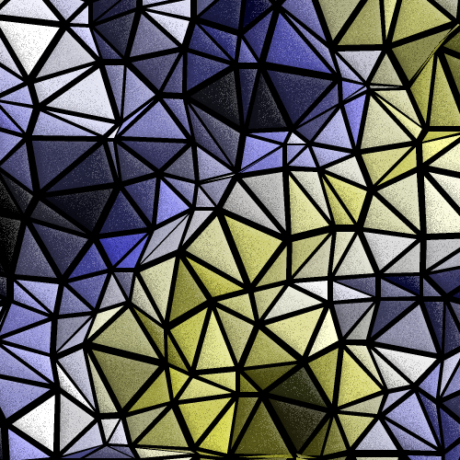Style Loader
Adds CSS to the DOM by injecting a <style> tag
 Juho Vepsäläinen
Juho Vepsäläinen
|
 Joshua Wiens
Joshua Wiens
|
 Artem Sapegin
Artem Sapegin
|
 Michael Ciniawsky
Michael Ciniawsky
|
 Alexander Krasnoyarov
Alexander Krasnoyarov
|
 Tobias Koppers
Tobias Koppers
|
 Kees Kluskens
Kees Kluskens
|
|||